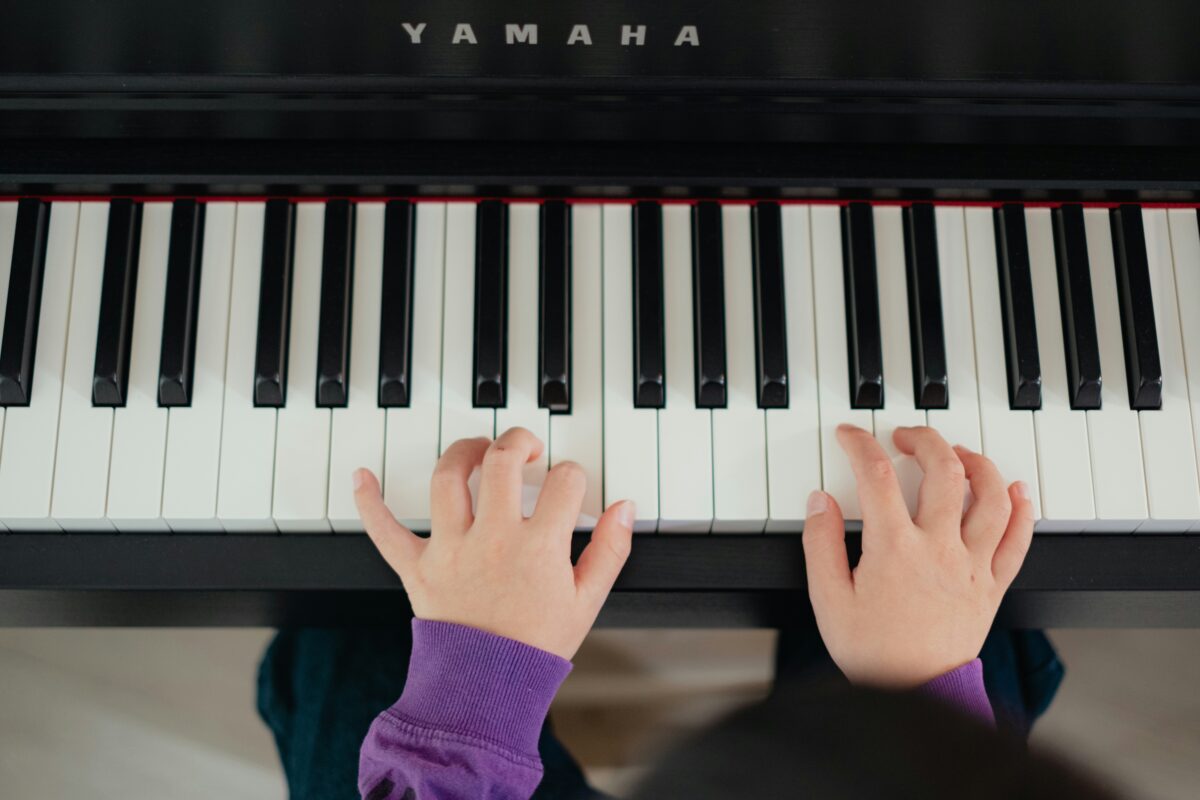SMPV and SGB
The SMPV has been a member of the Swiss Federation of Trade Unions (SGB) since 2005.
In March of this year, the DM decided to leave the SGB, but still left room for negotiations.
Twenty years ago, the SMPV joined the SGB. The vote on joining was preceded by heated discussions: those opposed to joining felt that the SMPV did not fit into the SGB in terms of the sector, complained that the SGB was too left-wing and that the SMPV should be politically neutral, or emphasized that self-employed people would gain nothing from membership of the SGB. However, the application for membership submitted by several section presidents stated: "This (i.e. joining the SGB) would allow the SMPV to obtain useful information regarding the protection of the profession of music teacher in Switzerland, but also to reach decision-makers in education and culture".
In the end, the delegates were persuaded by the argument that the SGB would protect SMPV members in a crisis situation. In order to be able to pay the SGB contribution of CHF 12.50 per member at the time, they even agreed to a membership fee increase of CHF 10.
What many delegates were not aware of is that the SGB does not, of course, do the trade union work for the association. The association must be the union that recognizes, names and precisely describes the current problems of music teachers in Switzerland and then seeks solutions to the problems.
Sometimes the problems are minor labor law injustices that can be solved by a discussion between a section president and a music school director. However, some problems affect many people and can only be solved through changes to laws and regulations at cantonal or national level. Here, the SGB can at best open doors and arrange contacts with decision-makers.
First doubts
At the 2007 AGM, the CMA submitted a motion to leave the SGB again. The reason given was that the SMPV was not receiving any equivalent value for the CHF 60,000 SGB membership fees per year. The then Central President, Jakob Stämpfli, who represented the SMPV at the SGB board meetings, reported that only one topic relevant to the SMPV in the broader sense was discussed at the board meetings in 2006. The Central Board admitted that it had not considered during the membership discussion that the important issues for the SMPV in education and cultural policy are decided almost 100% at cantonal level, and that the SGB as a national umbrella organization was therefore the wrong forum. However, he conceded that individual sections had had good experiences with the cantonal associations.
However, Rolf Zimmermann (SGB), with the support of Hans Peter Völkle (SMV), succeeded in convincing the SMPV delegates of the advantages of remaining with the SGB.
The crisis
The "big crisis" came in 2020, when the pandemic initially paralyzed everything and severely restricted the music industry, among others, for a long time.
The self-employed were particularly affected, as they received negligible - if any - compensation that was insufficient to cover their living costs. In addition, art teachers of all disciplines were not regarded as artists, but as mere teachers, meaning that they were excluded from support for cultural workers. The SGB stood up for SMPV members when it managed to ban private music lessons in presence during the lockdown. However, the problem of the lack of compensation was not easy to solve, so we did not receive any help there. The SGB immediately passed on its information about new Federal Council ordinances or the possibilities of Suisseculture-Sociale emergency aid to the SMPV Central Presidium. However, as President of the SMPV Bern, I received this information directly from the Canton of Bern just as quickly.
I think it's fair to say that the protection we had hoped for from the SGB in a crisis was not there to the extent we had expected.
Major concerns of the SMPV
- Creeping job cuts and a lack of unemployment benefits:
Only those who have earned at least 20% less in the last two years receive unemployment benefit. If a music school teacher loses two to three weekly lessons every second year, they will lose 50% of their original employment in eight to ten years, but will never receive unemployment benefit. Wolfgang Pailer has been pointing this out repeatedly since 2007. Last year, the SGB organized a meeting with SECO for Annette Dannecker, where she was told that changes could only be made in the event of a major revision of the law. - The SGB is also unable to help us with the problem that music teachers are only considered by politicians to be in the field of education and not culture, which is why the SMPV, unlike the SMV, is not subsidized and art teachers are at a disadvantage in the event of a crisis.
- Music educator/music teacher would have to become a registered profession. The SGB could support the SMPV on the long road to title protection.
Room for negotiation
After the 2025 DM decided to leave the SGB at the end of the year, he gave Annette Dannecker a mandate to negotiate - also out of gratitude for the financial concessions made by the SGB over the past three years. Some sections would like to remain with their cantonal confederations and would also be prepared to pay the corresponding cantonal membership fees. A "light membership" with the SGB with virtually no rights but also very low costs, with which the sections would buy the right to remain with the cantonal confederations, would almost certainly be accepted.
In terms of its statutes, however, the SGB can probably only offer a change to associate membership (7.80/member plus the contribution of the cantonal associations). This would require an increase in the SMPV membership fee. The question is therefore not whether the SMPV can afford (associate) membership, but how it assesses the cost-benefit ratio today, and whether it wants to afford it.








